20+ Years Experience
Specialist Business Insolvency Company

Get in Touch Today to Speak to a Specialist Adviser
As any business owner knows, dealing with debts is a part of the game. Unfortunately, at times, it can be unavoidable.
It’s never an ideal situation, but it can happen, and when it does, it’s important to know what steps to take.
You must contact HMRC directly and make arrangements to settle the debt.
Depending on your circumstances, you may need to submit a winding-up petition or a Company voluntary arrangement to close the company.
Closing down a limited company with debts to HMRC UK can be daunting and cause unwanted stress, so it’s important to be prepared and has detailed knowledge of the process.
Here, we’ll detail the considerations you’ll need to make when closing a limited company with debts to HMRC UK.
With the right information and preparation, you’ll be able to navigate this process confidently and easily. So, let’s get started.
Closing a Limited Company in the UK is an important decision that requires careful consideration.
On the one hand, it can provide a valuable opportunity to start fresh, free from accumulated debt, and make changes to the company that may help its future growth.
However, on the other hand, closing a business can be incredibly stressful and difficult, with potentially long-term consequences – particularly if the company has debts to HMRC.
When deciding whether or not to close a Limited Company that owes money to HMRC, it is essential to be aware of both the benefits and drawbacks of such an action.
The most direct benefit of closing a company with debt is that all liabilities are immediately terminated, leaving no legal obligation on the directors or shareholders to repay anything owed.
This can provide financial relief to those involved with the business and offer them new opportunities for future endeavours.
On the other hand, some potential risks are associated with closing a Limited Company with debts due to HMRC.
For example, depending on the size and duration of tax bills, HMRC may personally pursue each company director for individual payment – even if the business has ceased trading.
Additionally, Unpaid corporation tax is classed as an official recordable offence; therefore, criminal charges could be applied if any attempts to conceal outstanding debts from HMRC.
The best course of action will depend on each individual case; however, it must be remembered that sufficient funds must always be available to cover outstanding liabilities before any steps are taken towards closure.
With this in mind, both businesses and HMRC need to terminate the agreement amicably before winding up a Limited Company to protect any party involved – especially when dealing with large unpaid tax bills.
Before proceeding with closure, guidance and professional advice should be sought to fully inform all parties of their rights and obligations throughout this potentially complex process.
With this address, we now discuss how best to terminate the agreement between your Limited Company and HMRC UK.
When considering closing a Limited Company in the UK, both benefits and risks are associated with such an action.
The benefits include being freed from accumulated debt and having new opportunities for future endeavours.
At the same time, potential consequences are involved if the company’s debts are unpaid, like criminal charges and individual director payback from HMRC.
It is important first to ensure sufficient funds to cover outstanding liabilities before proceeding with closure.
Additionally, it is recommended to seek professional advice to better inform all parties of their rights and obligations throughout the process.
Terminating an agreement with HMRC is not something to be taken lightly. Companies that fail to meet certain requirements for a period of time may find themselves at risk of such actions being taken against them.
One method of terminating the agreement with HMRC is through administrative powers.
This involves formally ending the contract between the business and HMRC.
Under this option, HMRC would send out a notice informing businesses of its decision and the necessary steps.
Companies need to understand that administrative powers do not stop demands for payment and can lead to additional penalties if businesses fail to meet those demands.
Another option is voluntary liquidation; this involves businesses entering into a ‘Liquidation Agreement’ with HMRC, in which they agree to pay their debt over an agreed period of time. During this process, the liquidator takes control of the company and its assets before presenting them to creditors.
The liquidator’s job is to pay creditors back as much as possible for any outstanding taxes owed by the company from any available assets.
Companies could also opt for voluntary winding up by members; under this option, shareholders vote to dissolve the company voluntarily or on application by a creditor or court hearing.
Any remaining assets are used to repay outstanding debts with creditors, including HMRC.
This proceeding will not protect business owners from personal liability. Still, they may be able to reclaim some of their losses if they have previously declared a dividend about the company’s assets.
Businesses must consider all these options carefully when deciding how best to terminate their agreement with HMRC UK and manage their debt obligations accordingly.
When a limited company’s debts to HMRC become unmanageable and no other solution is available, closing the business may need to be considered.
Two ways to close a limited company with debts to HMRC are voluntary arrangement or insolvency.
In a voluntary arrangement, the directors ask creditors, including HMRC, to agree to a plan that would see them settling all or part of their debts over time.
This can be done by submitting an enterprise finance support package or insolvency procedure form to HMRC.
If most creditors and HMRC agree, an agreement will be formed and enforced until all debts are paid off.
Insolvency is when a company cannot pay its debts and will often result in it being wound up by court order, as will be discussed in the next section.
Companies House must be informed about any changes such as the cessation of trade, change in director’s details and so on through filing confirmation statements annually.
Under individual circumstances, insolvency procedures (such as administration, liquidation and compulsory strike-off) may be entered if necessary.
All entry processes into these proceedings must comply with Companies Act 2006.
The responsibility for closing a company remains with the shareholders at all times, and they may be liable for any outstanding debts even after closing down the business, something to bear when deciding whether this option is right for you.
Furthermore, once insolvency has been declared, it will remain on the individual directors’ records forever, regardless of whether there were insufficient funds to settle all creditor claims fully.
Ultimately, voluntary arrangements and insolvency procedures offer viable solutions to those who cannot pay back their debt but must still cease trading.
We will now talk about one particular form of insolvency, voluntary insolvency, which will be discussed in detail in the upcoming section.
A voluntary Insolvency is an option when closing a limited company with debts to HMRC UK.
Through voluntary insolvency, the company can close without paying all of its outstanding debts – such as those owed to HMRC – as long as it follows the guidelines for entering into insolvency.
The main benefits include keeping the company’s closure private and controlling and directing the company’s affairs during the process.
The drawbacks are primarily related to a possible reduction in the value of any remaining assets, additional administrative costs, and, depending on the size of the business, increased risks of personal liability for directors.
Voluntary insolvency offers relief from debts that cannot be paid by other means.
Directors need to be aware of their responsibilities surrounding decisions taken about voluntary insolvency.
When faced with these options, directors must understand the implications before action is taken.
Insolvency may provide an opportunity for recovery and return to trading if accounts and filing obligations can be brought up to date.
However, pursuing recovery may extend agreements with creditors and enter into further liabilities that may prevent ongoing operations should businesses not have access to finance or resources to remain compliant.
As such, directors must assess all potential impacts on creditors due to decisions taken before and during voluntary insolvency proceedings.
Voluntary insolvency can effectively resolve debt when managing a limited company with debts owing to HMRC UK.
Directors must be acutely conscious of their duties and responsibilities before deciding this is the appropriate route forward.
Having discussed voluntary insolvency as an option when closing a limited company with debts owing to HMRC UK, directors must now consider their duties when doing so.
Closing a company with debts to HMRC can leave directors facing difficult decisions, especially when the company is insolvent.
Directors must familiarise themselves with their obligations and responsibilities in this situation.
The Insolvency Act 1986 sets out all directors’ duties to creditors of an insolvent business.
Directors should avoid taking any action which might deplete assets, pay dividends or otherwise prefer some creditors over others.
As such, directors must ensure that paying off government debt takes precedence over repaying other private creditors or returning any capital sums to shareholders.
If a director does not maintain statutory records, submit accurate tax returns or make timely payments to HMRC, they could find themselves personally liable for company debts incurred during their period of office.
In addition, serious breaches of these duties may lead to civil and criminal prosecution.
This could include disqualification from acting as a company director for up to 15 years.
However, it is important to remember that the interests of creditors are balanced against the interests of the shareholders and other stakeholders, including employees.
Directors should consider all available options fully and provide proper compensation packages for staff where appropriate.
They should also remember that once the company has ceased trading in administration or liquidation, most debt will become unenforceable against them personally.
They should look at practical ways of managing losses without countering their legal priorities.
In summary, closing a limited company with debts to HMRC presents both challenges and opportunities for directors.
When done correctly with professional advice and help from accountants, it minimizes financial risk while protecting personal interests.
The next section looks at how professional advice and assistance from an accountant can help in this situation.
Professional advice and accountant assistance should always be sought when closing a limited company with debts to HMRC UK.
This is especially true when the closing process involves debt repayment. There are numerous issues to address, from tax implications and payment schedules to asset evaluations and shareholders’ obligations.
Failing to navigate these matters can lead to further complications down the road.
An experienced accountant can assist in this process by creating a practical plan for satisfying HMRC’s needs.
They can also help identify any potential compliance problems that could arise during the company’s closure and set a timeline for payments and other obligations.
Challenges related to pensions, employment status changes, or insolvency proceedings may be addressed based on the particular circumstances of each case.
Some business owners worry that seeking an accountant’s assistance will be too expensive or hard to accomplish amid the closure process.
Although having an accountant onboard may require an initial investment of time and effort, many find that their guidance is worth it in the long run, as they can help avoid costly fines resulting from delinquent payments or even negligence.
Depending on the circumstance of each situation, using an accountant to process the documents and payments ensures that everything is handled correctly and promptly.
Consulting with a financial professional is highly recommended for those unsure whether or not they need an accountant’s assistance to close a limited business with debts owing to HMRC UK. Considering the complexity of this particular matter, err on the side of caution for the best results.
Navigating the closure process is just one component and requires expert attention; thus, clearly understanding how to do so is paramount.
With that in mind, let’s move on to our next section, which focuses on “Closure Process – Step-by-Step Explanation”.
Closing a limited company with debts to HMRC UK is not straightforward, but it can be done.
The following steps will help you through the process of closing your limited company with outstanding debts to HMRC:
Step 1 – File a Statement of Affairs and Voluntary Arrangement Proposal: The first step in the closure process is to file a statement of affairs with Companies House. This document details the company’s assets and liabilities, including any debt owed to HMRC. Alongside this filing, you must also submit a voluntary arrangement proposal if you want to keep control of the closure process. A voluntary arrangement allows you to offer creditors (such as HMRC) a payment plan which they can accept or reject.
Step 2 – Appoint an Insolvency Practitioner: For the Voluntary Arrangement Proposal to be approved by creditors, an Insolvency Practitioner must be appointed to represent the company during negotiations.
Step 3 – Negotiate a Creditor Repayment Plan: After appointing an Insolvency Practitioner, they will then negotiate a repayment plan on behalf of the company with its creditors. This process should include plans around repaying any debt owed to HMRC UK.
Step 4 – Submit Accounts: If your repayment plan has been accepted by all creditor parties (including HMRC), accounts must be submitted to Companies House, which shows how your plan was implemented.
Step 5 – Petition for Winding Up: After submitting your accounts showing that your plan was implemented, you must petition for winding up at Court. No outstanding debts must be owed to HM RC UK at this stage. Otherwise, the court may refuse your winding-up request due to unpaid taxes.
Alternative Option – Liquidation: An alternative option available (other than negotiating with creditors) is liquidation. This is when an insolvency practitioner sells off all the assets of a business to pay back creditors such as HMRC UK.
While this approach eliminates potential disputes between yourself and other creditors, it does mean you won’t be able to retain control over the closure process.
It would be best to consider this before deciding on liquidation as a viable option for closing your company with debts owing to HMRC UK.
After assessing both options available for closing your limited company with debts owed to HMRC UK, now is a good time to take a look at some considerations before taking steps towards closure.
When considering closing down a limited company with debts to HMRC in the UK, there are key considerations to keep in mind before moving forward.
The first important point to consider is the impact on employees and creditors.
The business members will first and foremost be responsible for any payment due to HMRC when closing down the business.
If they cannot pay what they owe and the debt remains unpaid, HMRC may take steps to recover these debts.
This could mean that HMRC may seize assets or assets of the business as part of the debt recovery process. It is also likely that your credit rating will suffer, making it more difficult for you to access services such as business loans in the future.
Any remaining employees will become redundant, meaning they will lose their job, income and other associated entitlements such as holiday pay and pension contributions.
A second consideration is understanding the closure processes for a limited company with debts to HMRC.
Your company must follow all processes outlined in law such as giving notice of closure and informing relevant government bodies.
Depending on the size of your liability owed to HMRC, HMRC may request that you provide additional information or documents before taking steps toward dissolution or liquidation.
You should ensure any notice periods requested by HMRC are met, as failure to comply with their requests could end up increasing your liability.
In addition, you should ensure that all required forms have been properly completed and submitted to Companies House, who will carry out an investigation under insolvency proceedings if outstanding invoices remain unpaid after 6 months or more.
Although declaring bankruptcy or closure of a limited company with debts owed to HMRC may seem initially daunting or problematic, it can also offer certain long-term benefits.
This includes relief from legal demands, cessation of creditor harassment and potentially even protection from future creditors entering into similar agreements with you again in the future.
Ultimately this decision needs careful consideration as different circumstances may result in different outcomes for your business so always exercise caution when deciding which route to take when closing a limited company with debts owed to HMRC UK.
Not settling debts with HMRC can have serious repercussions.
The primary consequence is that HMRC can use a range of recovery methods, such as distraint and bankruptcy proceedings, to recover outstanding debts owed to them.
This could lead to the liquidation of the company, which would involve the sale of assets to pay creditors. It could cause significant damage to the director’s credit rating and make it more difficult for them to obtain credit in the future.
It could also lead to directors facing personal liability for taxes owed by the company. Therefore, it is important to ensure that all debts are settled with HMRC on time, or seek advice if needed.
You can still close your limited company if you have unpaid debts to HMRC. It is important to note, however, that even in the event of closing a limited company, HMRC’s debt must still be settled in full.
The best way to do this is by entering into an arrangement with HMRC in which they agree to accept a reduced amount in full and final settlement of their debt.
This can usually be done via a Time to Pay arrangement and will allow you to close down the company without having to pay the full and outstanding amount immediately upon closure.
In order to close a limited company with debts to HMRC UK, you will need to provide them with the following information:
By providing this information, HMRC will be able to assess whether they wish to proceed with closing your limited company while managing its outstanding debts.
Here are some other informative articles about business debt in the UK:

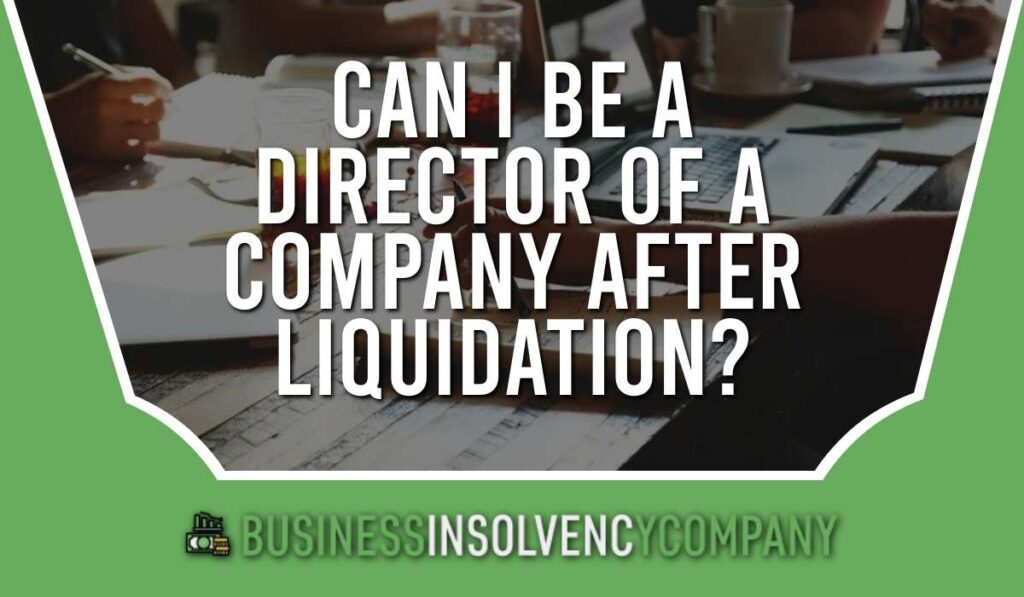


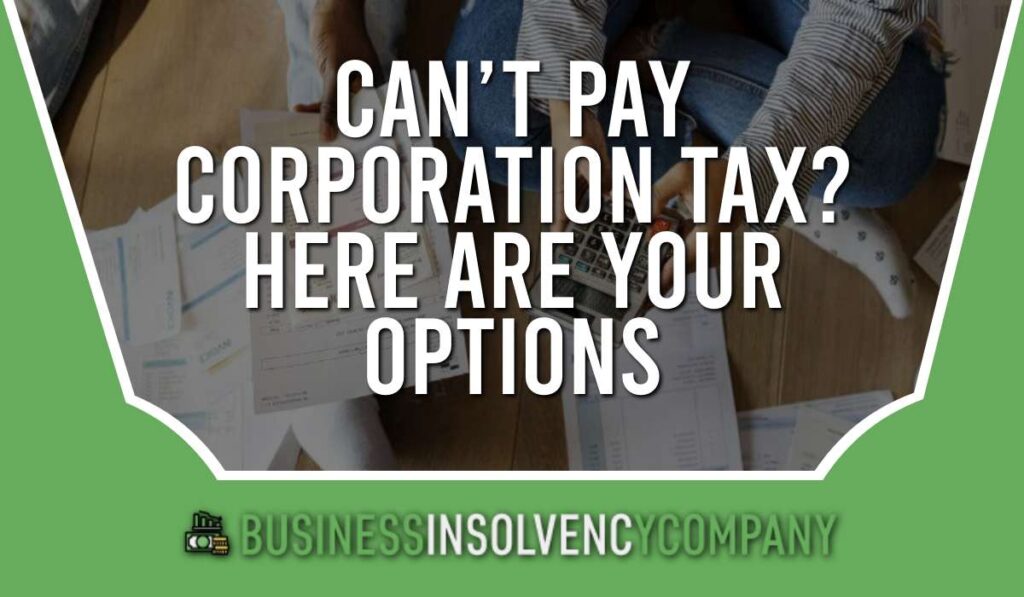
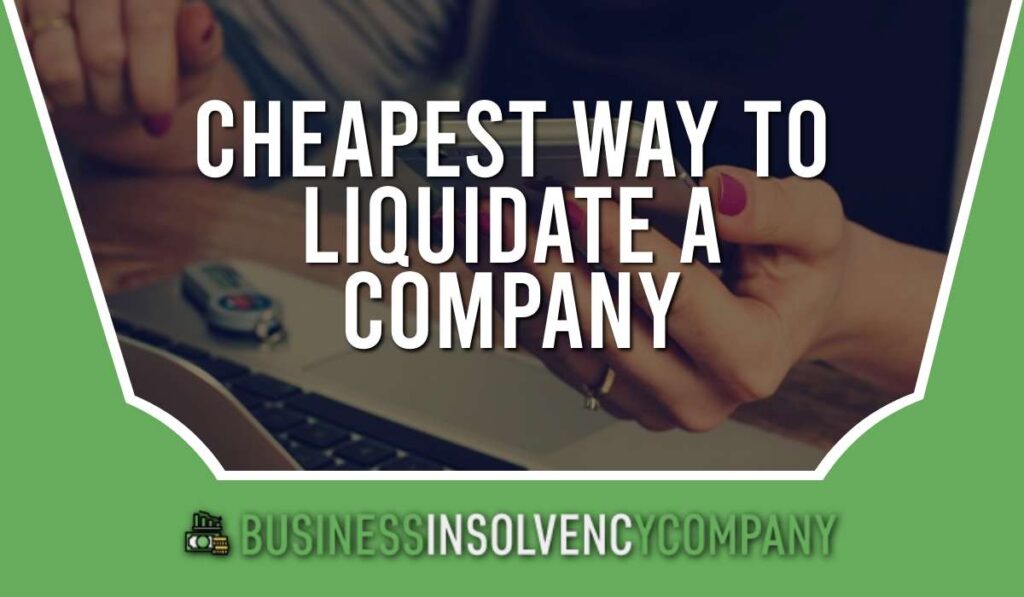
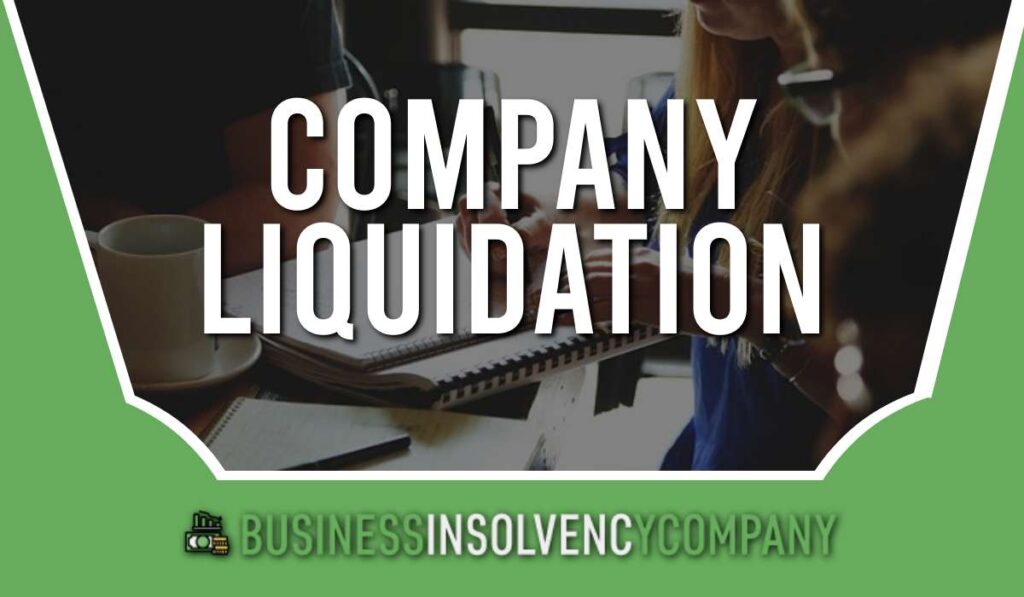
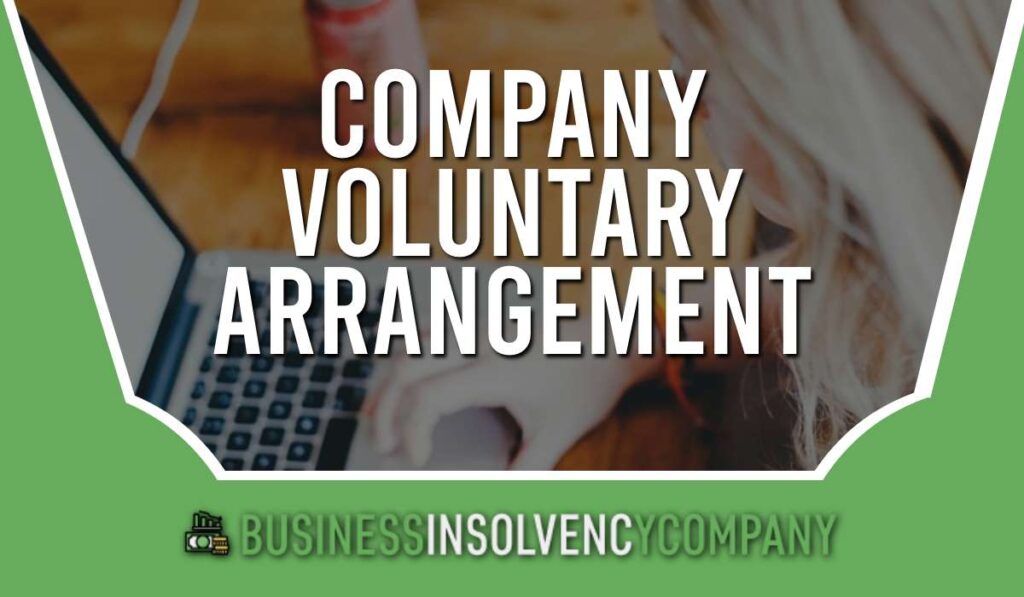

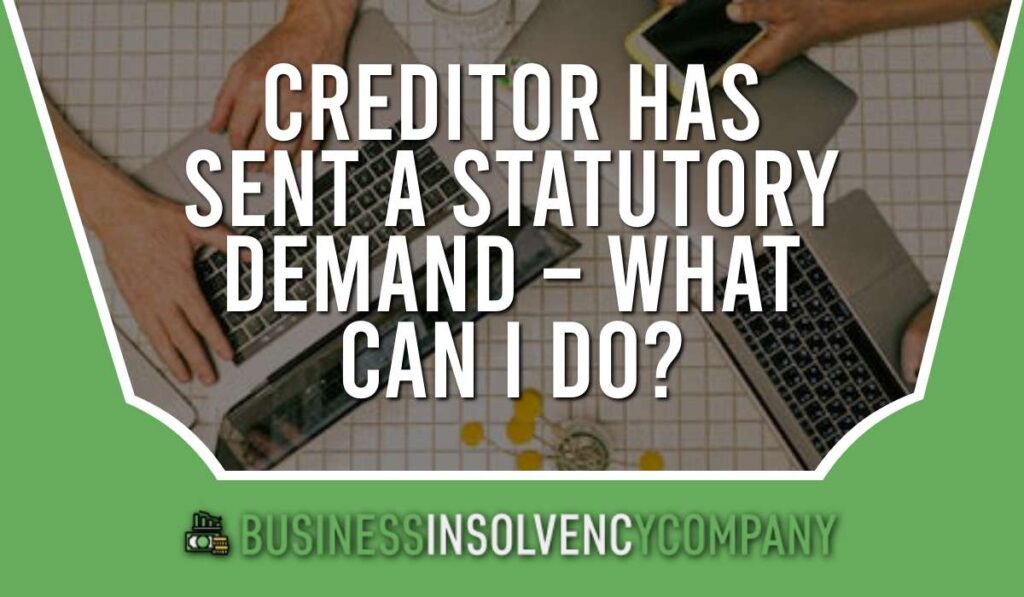
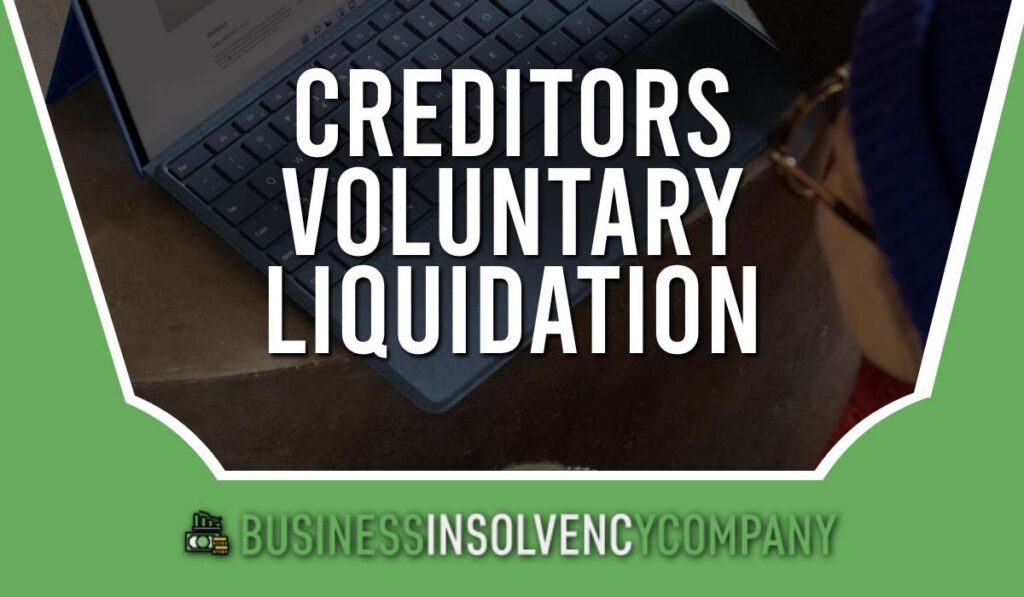
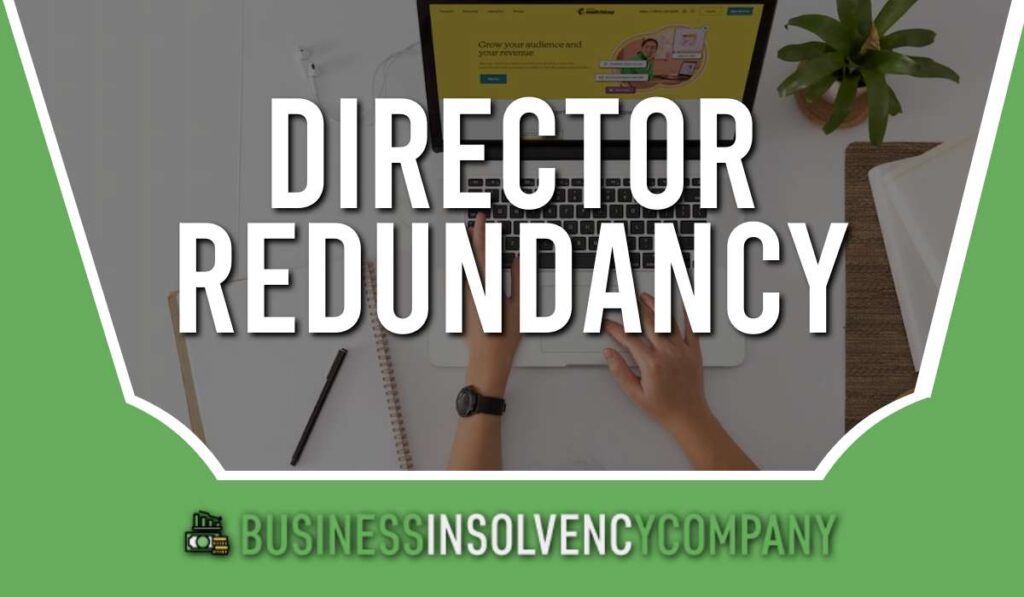
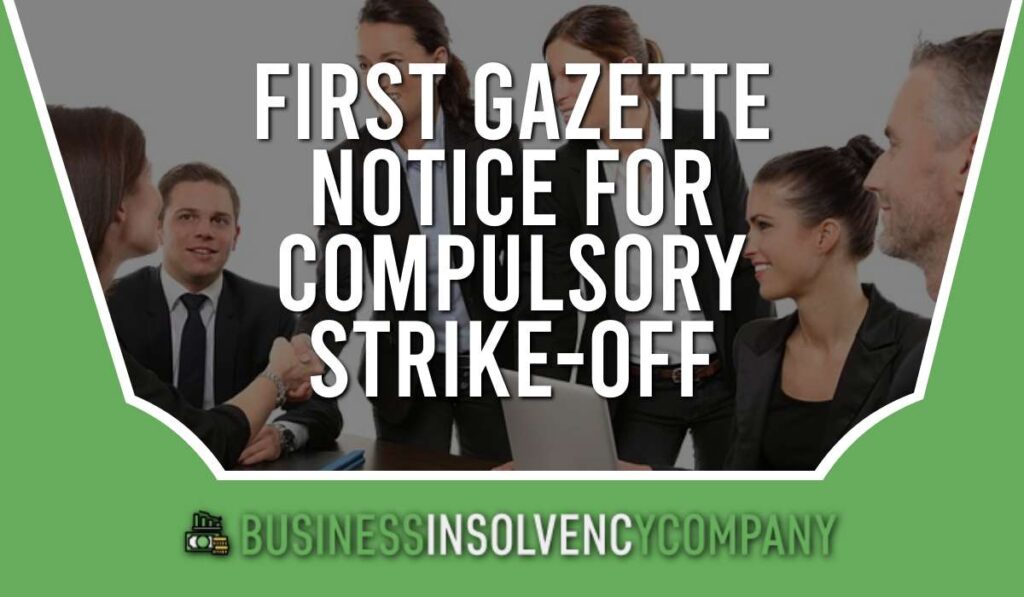
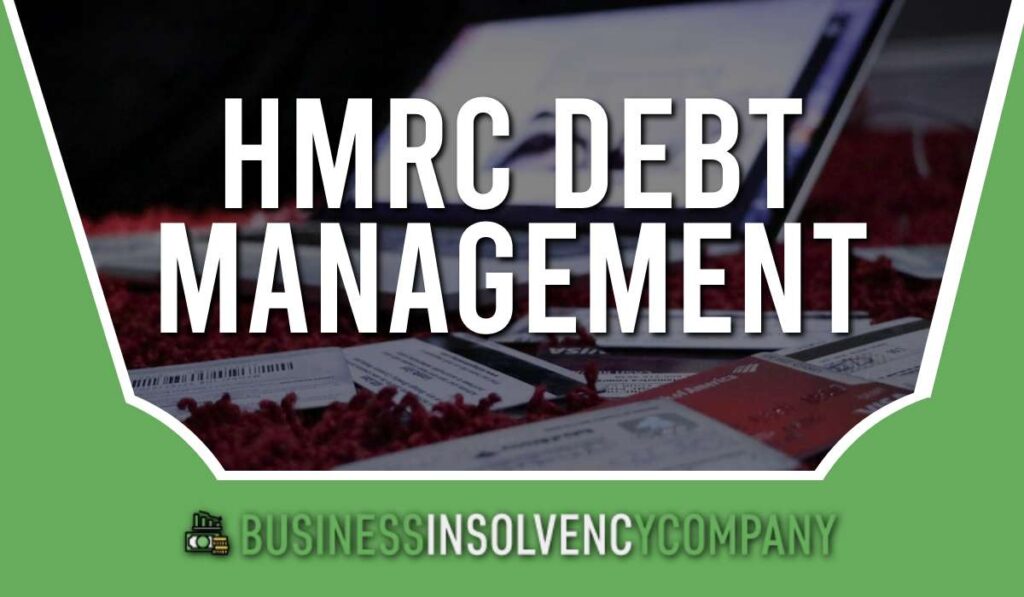

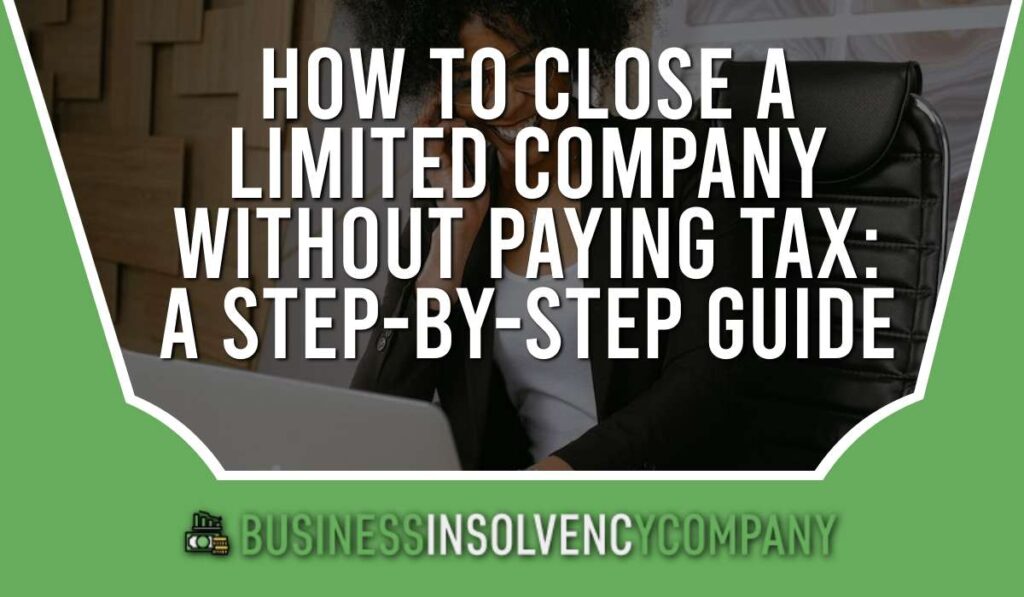
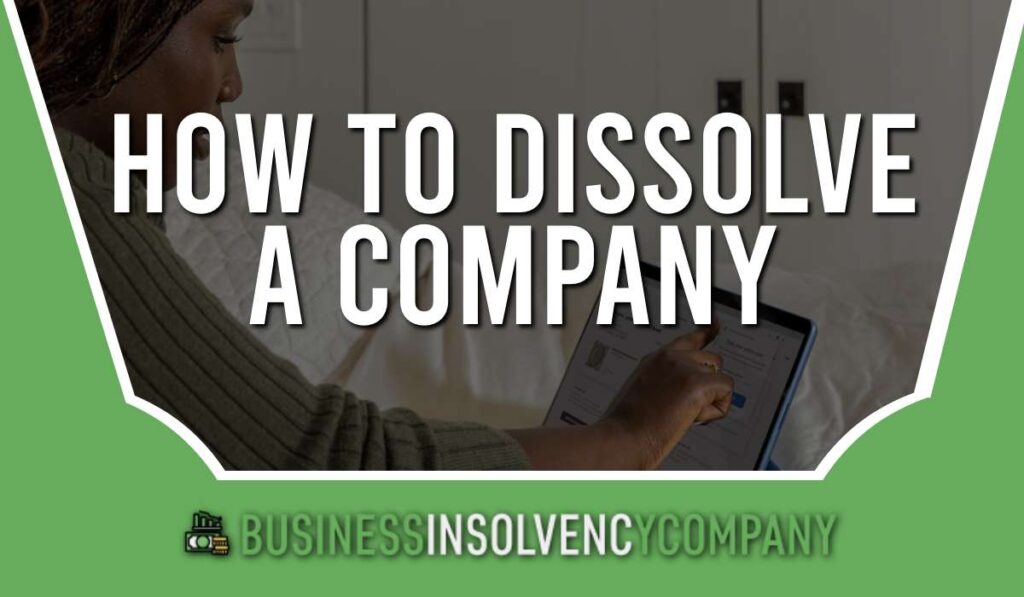



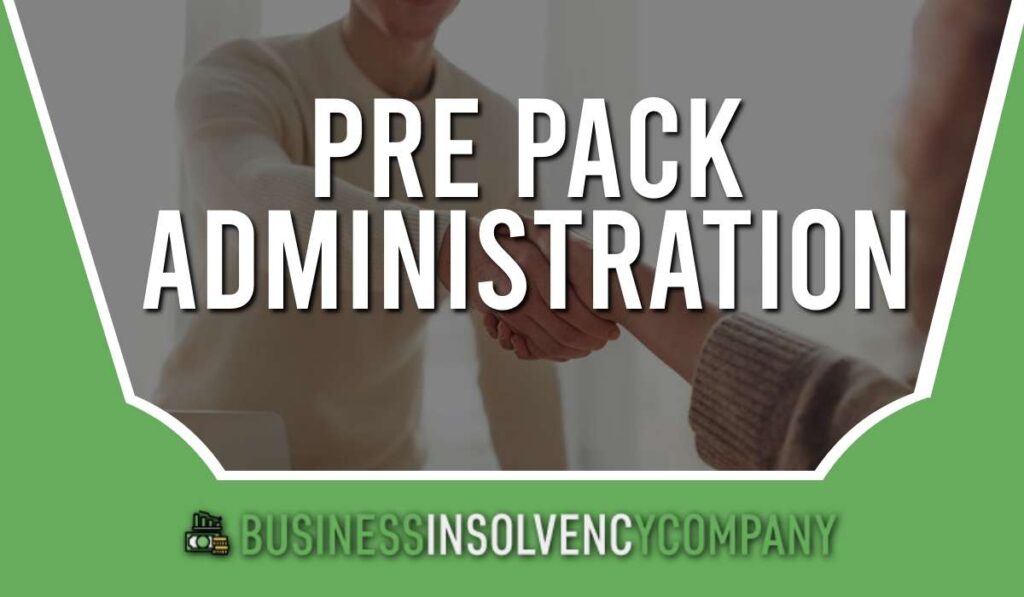





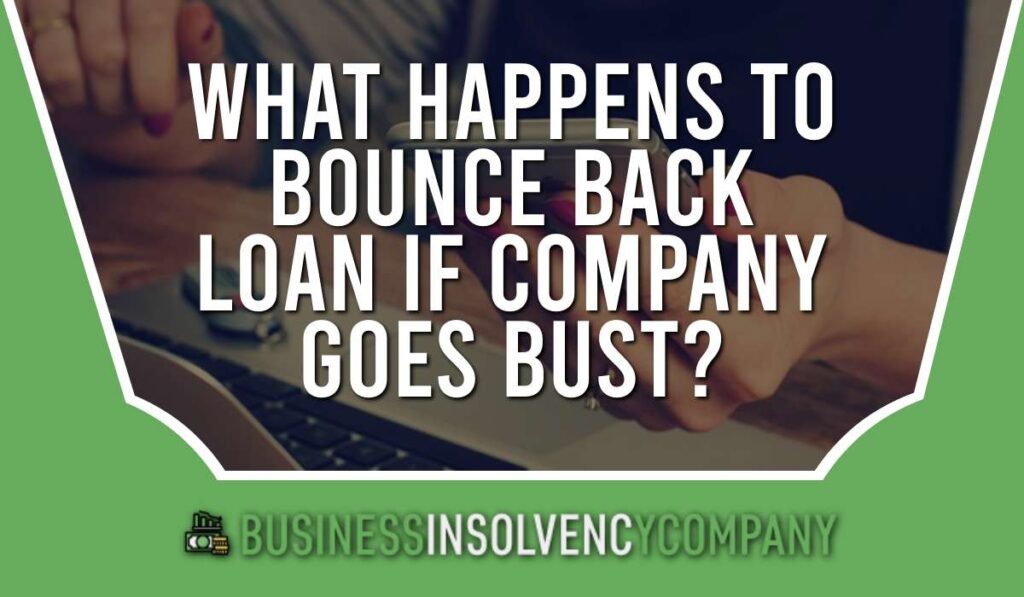
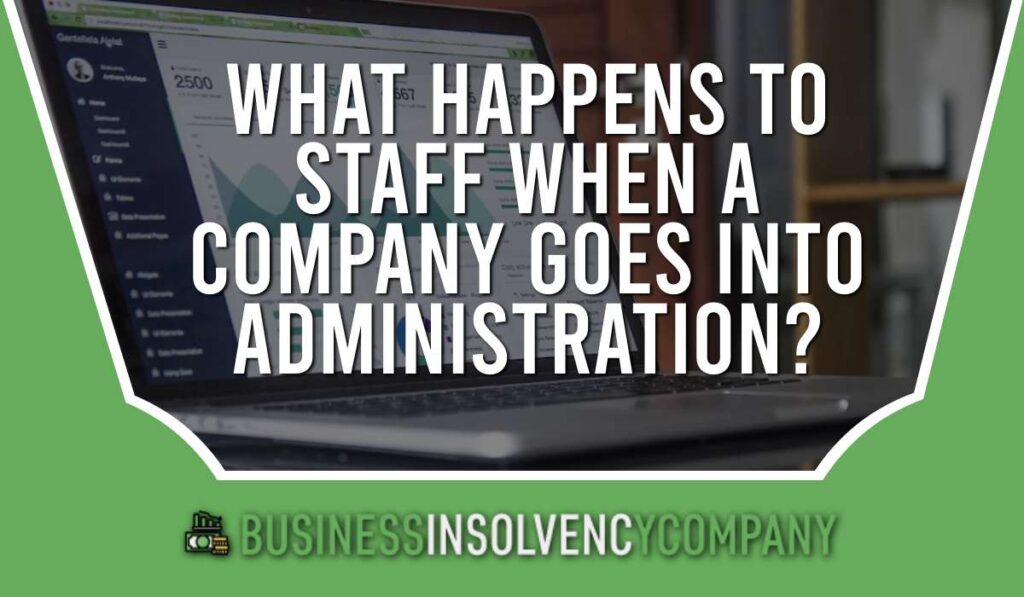

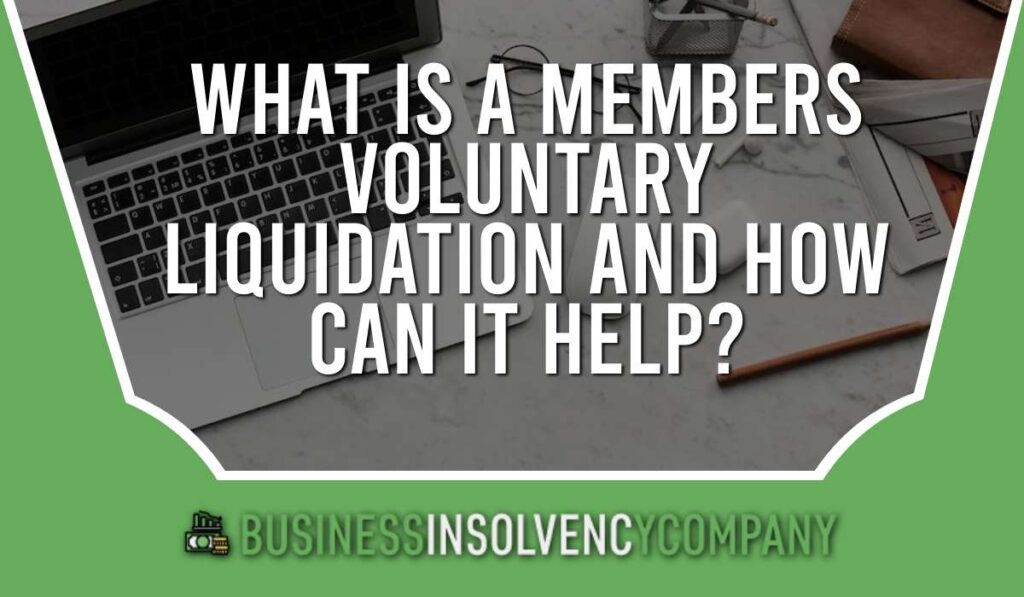

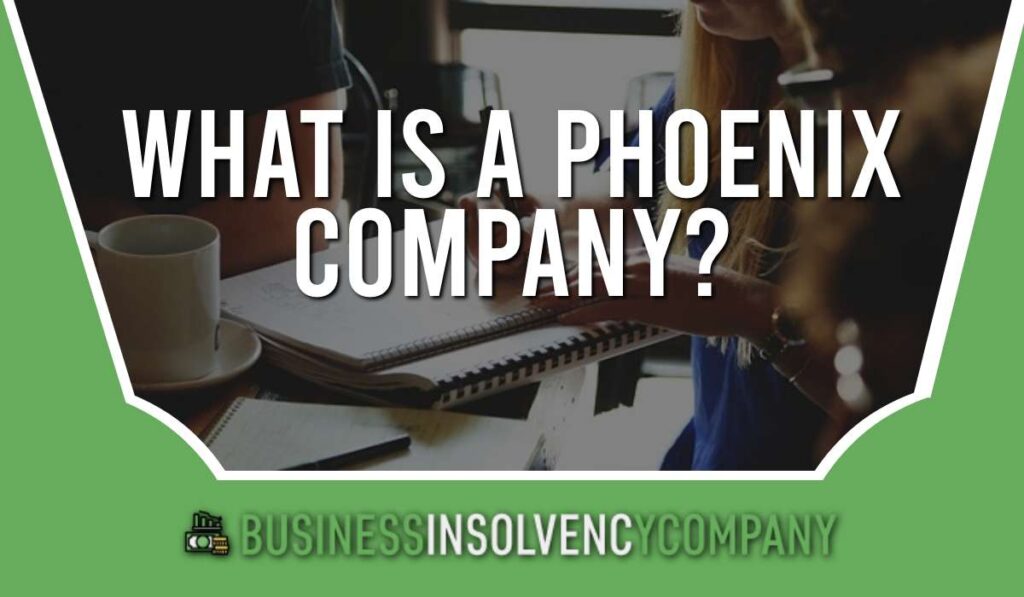

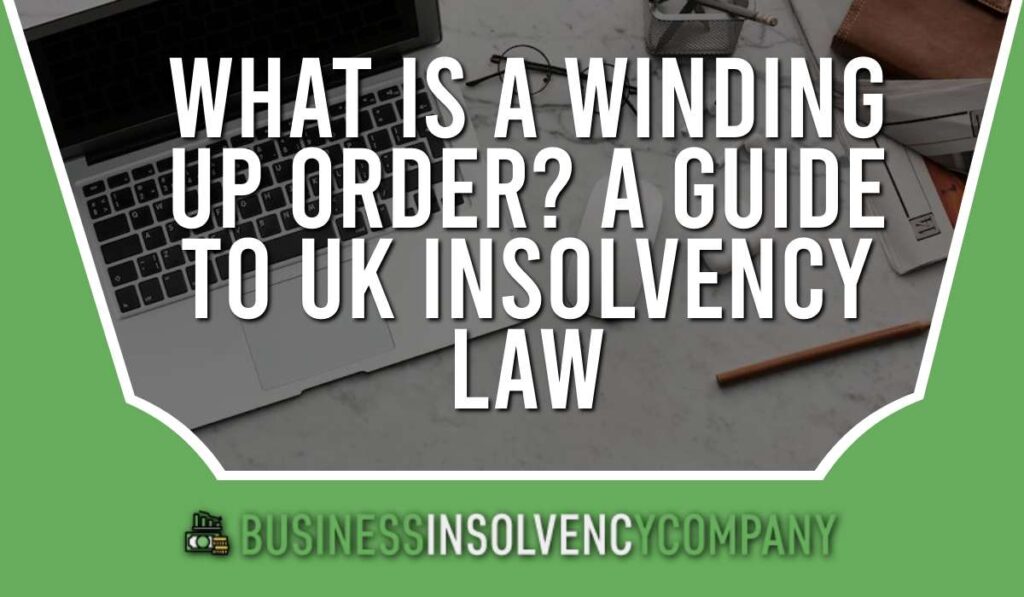




We Aim To Reply To All Enquiries With-in 24-Hours